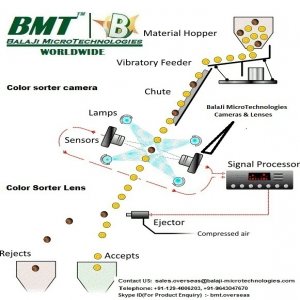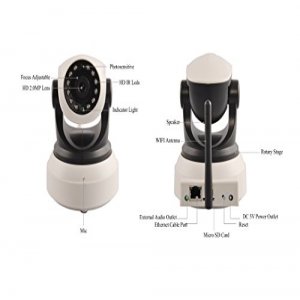Network Automation Engineer – Definition, Importance, And Career

Network automation is a method where software by itself configures, provides, tests, and manages network devices. It is mostly used by service providers, businesses, and companies to improve effectiveness and reduce human errors and functional expenses.
A Network Automation tools keep up functions that range from necessary network allocation and device discovery to more complex workflows. Example: Configuration management and virtual network resource provisioning.
Network automation also plays a vital role in SD-WAN networks, network instrumentation, and network virtualization, allowing automatic provisioning of holders and virtual network functions, such as virtual load balancing.
A Network and Automation Engineer is trained to design, maintain, and manage networks where information circulates. His training based on knowledge of Information Technology and Communications (ICT), which is why it defined as a career in constant growth and evolution.
Optimize manual processes with programmable logic
Network automation uses programmable logic to manage services and network resources. It allows NetOps teams to configure, expand, protect, and integrate network, and Application services quickly. Investors of telecommunications services were among the first to adopt network automation to optimize your web-scale systems of fast growth, but all companies and businesses can take advantage of this type of technology.
With network automation, freelance network engineers approach teams can respond at high speed to regularly changing workload needs for access a flexible capacity, application security, balance loading, and multi-cloud integrations. They can execute activities network by request and self-service. Thus, networking teams can be able to move fast and flexible to support modern business requirements as the infrastructure and applications.
Why is network automation essential?
Few Network automation benefits:
- Efficiency Improved
- Low chances of human error
- Less operational expenses
- Increase resistance and Reduce errors
The automation of manual tasks will reduce the number of network problems and help the surroundings to run efficiently. Also, a large number of automation solutions respond to network errors without collaboration, improving business flexibility and make sure that workforces have right of entry to the applications and information they need when required.
- Make well and more effective IT jobs
By automating monotonous responsibilities such as the production of new technologies, businesses allow IT staff to focus on more creative work, together with ways to make the network more resourceful and cutting-edge. By helping more satisfying employment, corporations will improve the culture of their organization and the participation of their employees.
Network automation can help you speed up operations
Traditional manual approaches to configuration and updating Network are too slow and error-prone to back up valid data transfer requirements and applications they change quickly. These practical processes do the following difficult tasks:
- Offer the high-level service that users expect.
- Distribute resources to IT operations and application teams by request.
- Execute configuration processes and change control.
- Acknowledge and manage inventory productively.
- Maintain configuration standards on all network platforms disparate
- Form stronger and self-sufficient networking teams.
With software-based and programmable automation technologies, your side can better support your business's digital advantages. Anyhow, it can be a tough task for networking teams to implement the same levels of automation than the IT teams of their peers. Often the Specific tools for a device are challenging to incorporate into groups of automation tools. The configuration requirements of Policy-determined networks can hamper the integration of environments from multiple suppliers. Finally, many networking specialists do not know to feel prepared or do not have the necessary skills to take advantage Automation technologies for specific network integrations.
Network Engineer Skills
The network engineer must have an optimal command of the network and telecommunications systems, as well as skills to coordinate technical teams. It noted that the networks to be mastered could be both small and large.
Importance:
Automation and Industrial Control Engineering is a career that is currently of high relevance since the graduate can join the productive sector in its different branches such as the control of industrial plants, installation, and maintenance of electrical equipment, use, and application programming in real-time in the industry, among many others as well as performing maintenance and repair services.
Salary
The average salary of a Network Engineer in the US is $120,000 annually or $61.50 per hour. Basic hierarchy positions receive $16,000 annually while more experienced professionals can earn up to $204,000 annually.
Author Bio
Myself Chris and I am a Staff Author at FieldEngineer.com a Marketplace for On-Demand telecom workforce, extending from field engineers to high-level network engineers, project managers and Network Architects in 170 nations. I am an EC Engineer.
I comprehends the progressing technology patterns and keep Myself refreshed in technology industry.ted a user bio yet











